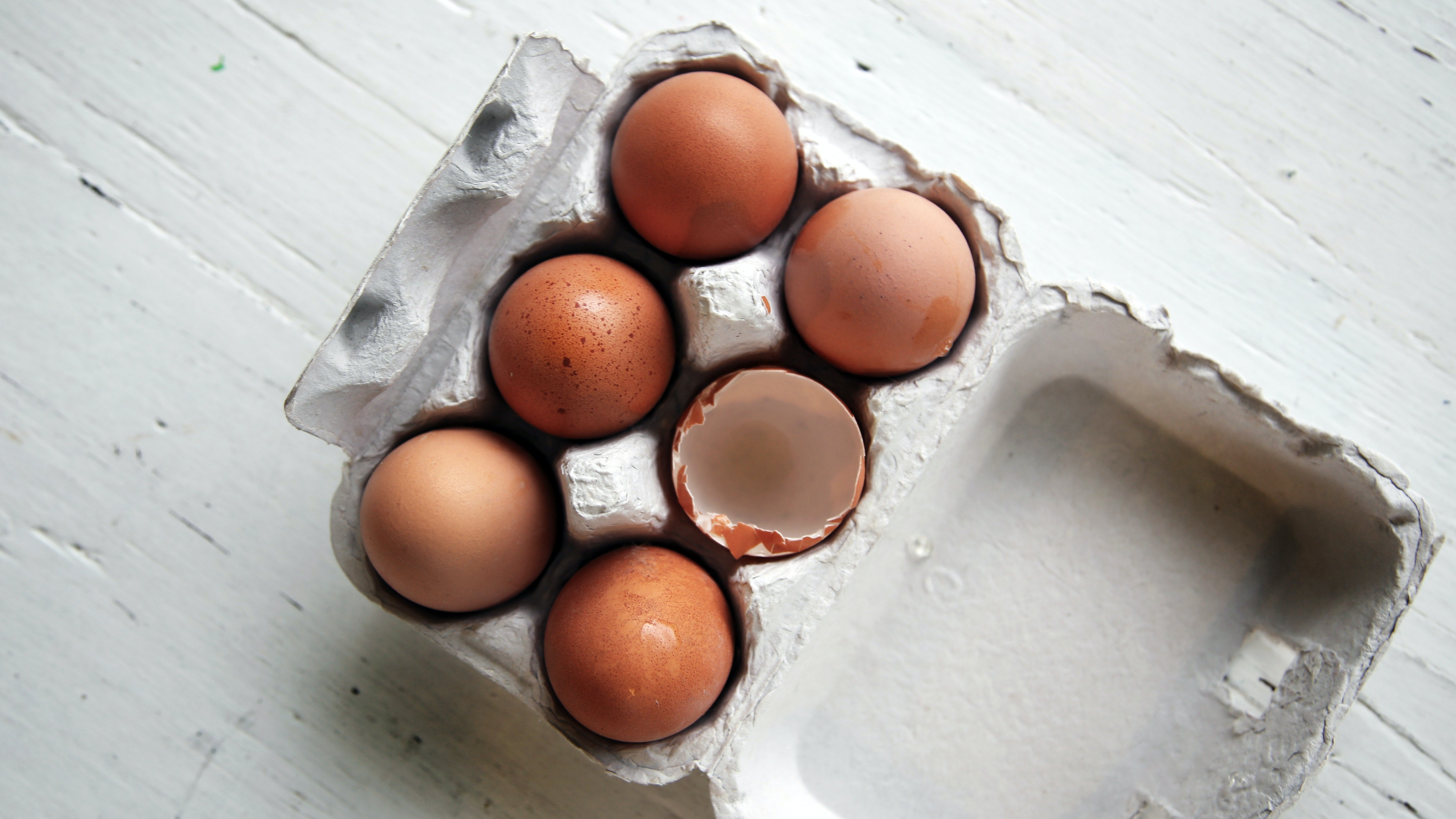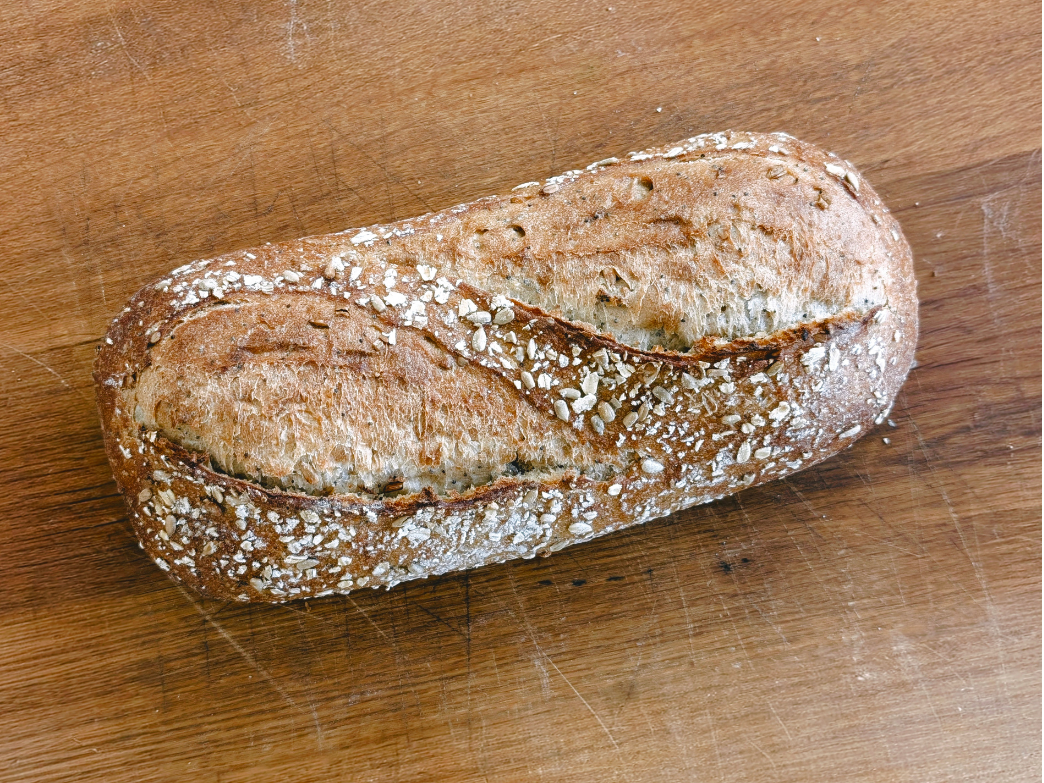Brown rice is a healthy whole grain. No wait, it has arsenic. Salmon is an excellent source of omega-3s. No wait, it has mercury. Margarine is a healthier spread. No wait, butter is safer. Honestly, it’s exhausting trying to keep up with all the conflicting information regarding nutrition and healthy diets. So why is there such discrepancy in the headlines?
“Some fad diets or nutrition myths get promoted as gospel with little or no science to back them up, varying opinions among health professionals, new research continues to look at impacts of diet on health or how certain nutrients behave in the body, and frankly, some myths or fads just won’t die,” says Tiffany Harrison, MS, RD, LDN, adjunct instructor, Department of Human Sciences, Nutrition and Food Sciences at Middle Tennessee State University in Murfreesboro.
Let’s explore a few of the most prevalent myths and separate fact from fiction.
Myth: Eggs raise your cholesterol.
Fact: Before you throw out the gold (yolks) or steer clear entirely of this protein- and vitamin-packed goodness, know that research shows that dietary cholesterol from eggs may have a negligible effect on blood cholesterol. “Whole eggs pack about 6 grams of high-quality, muscle-building, appetite-satiating protein,” says Harrison. “Yolks contain nutrients such as vitamin D, B12, choline, riboflavin and iron. Yolks, in moderation, can be a part of a healthy diet.”
Myth: You should avoid red meat.
Fact: Choosing lean cuts of red meat such as bison, beef, elk, pork or deer one or two times a week can be a part of a healthy diet. “Red meats are considered to be a good source of iron and B12,” says Harrison. “Research suggests health concerns lie with the consumption of processed meats, such as bologna or hot dogs, or meats that have a higher fat content due to saturated fats.” When shopping, look for ground meats labeled 95 percent to 97 percent lean, cuts graded as choice or select as opposed to prime, and grass-fed cuts, which tend to be leaner.
Myth: Carbs are the devil.
Fact: The low-carb/no-carb fad diets are still popular, but before you put the brakes on tuna poke bowls with brown rice or your morning bowl of steel-cut oats, Harrison says there are a few things to consider. Complex carbohydrates such as fruits, veggies, whole grains and legumes provide fuel for working muscles, supply glucose to the brain, keep energy levels up, are typically a good source of fiber, and provide essential vitamins and minerals. The key is to balance your meals with complex carbs, good-quality proteins and healthy fats and adhere to appropriate portion sizes.
Myth: Fat makes you fat.
Truth: Repeat after me: Dietary fat does not translate into body fat. Fats are energy dense at nine calories per gram as compared to carbohydrates and proteins, which are both four calories per gram — but this does not make them bad or unnecessary. In fact, fats provide a good source of energy and are satiating and necessary for the body. “Research shows that following a Mediterranean-style diet, which is rich in healthy fats, is good for the body,” says Harrison. “These healthy fats consist of fatty fishes, nuts and seeds, avocado and olive oil paired with plant-based foods and is good for heart health, improved LDL [bad cholesterol] and overall general health.”
Myth: You shouldn’t eat after 6, 8, 9, or whatever, p.m.
Fact: Many of us are busy or working, so we may not get home until late in the evening. This does not mean we should skip dinner or the opportunity to fuel up with good nutrition. Sometimes meal skipping or going for long periods between meals may cause overeating later, so balance energy out across your meals throughout the day and keep a snack on hand for when things get busy — even if it’s just a small protein-rich snack such as cottage cheese, a tablespoon of peanut butter with a banana, or plain Greek yogurt with a handful of almonds.
Myth: Choose plant-based milk over cow’s milk.
Fact: Plant-based “milks” such as almond, soy, coconut, cashew, hemp, rice or oat provide an alternative for those who may have a milk allergy, are lactose intolerant, vegetarian/vegan, have health-related concerns, or have religious, cultural or personal preferences. A few things to look for on labels of these alternative milks are added sugars, ensuring they are calcium- and vitamin D-fortified, and to be aware of the lower protein content as compared to their cow’s milk counterpart. Cow’s milk is considered a good source of calcium and is rich in protein at eight grams per cup, so there’s no need to switch unless you want to.
Written by Jill Schildhouse for Oxygen Magazine and legally licensed through the Matcha publisher network, opens in a new tab. Please direct all licensing questions to legal@getmatcha.com.



